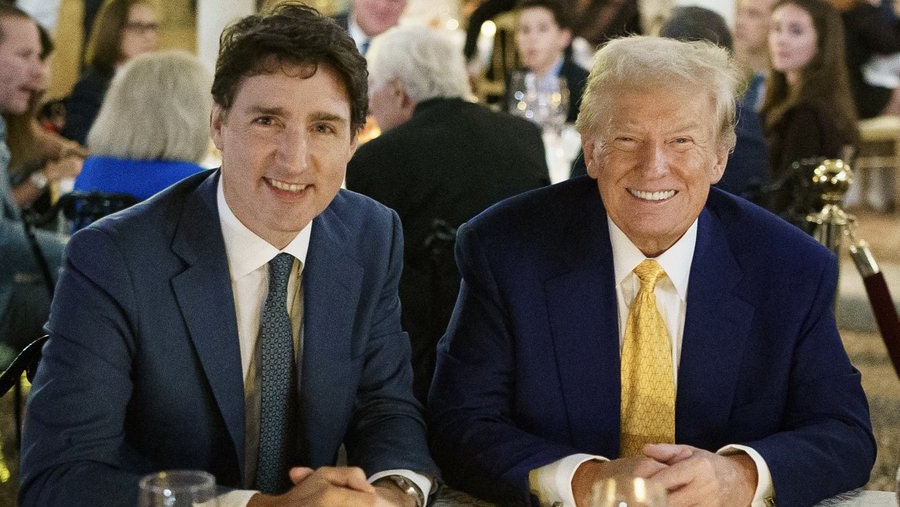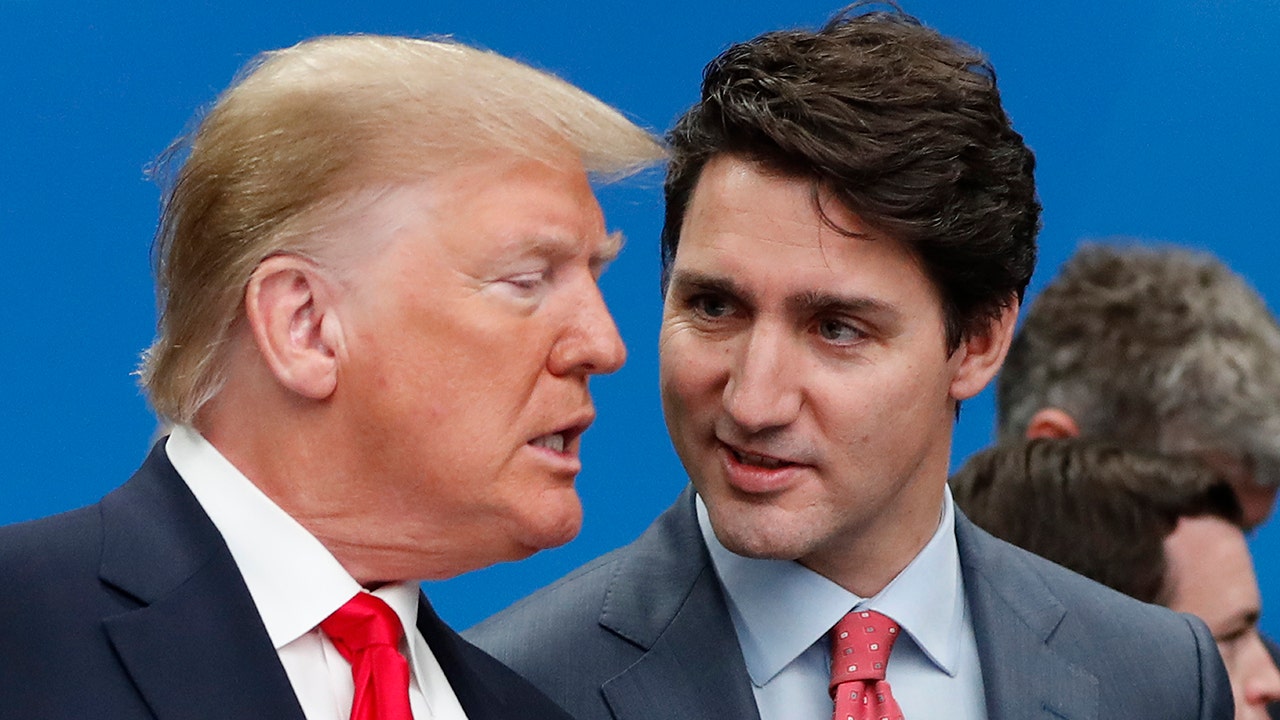World
France government collapses again after prime minister forced out
France’s government collapsed Wednesday after Prime Minister Michel Barnier was forced out in a no-confidence vote in Parliament, reigniting a summertime political crisis for the country as it prepares to face a new year.
Barnier is now expected to resign after 331 out of 577 lawmakers in France’s National Assembly voted against him.
Barnier was appointed in September by President Emmanuel Macron after an inconclusive July parliamentary election. His exit will mean his tenure as prime minister is the shortest-lived in modern French history.
It also means the second-largest economy in the European Union is left with a caretaker government that may not be able to address an escalating budget crisis, a worry for financial markets.
Here’s a brief primer on the issue.
Why is this happening now?
Trouble has been brewing since Barnier, a conservative, was asked by Macron, a centrist, to lead a minority government following his gamble to call a snap election aimed at keeping ascending right-wing political forces in France at bay ended in effective deadlock. Lawmakers loyal to Barnier and Macron were outnumbered in France’s Parliament, known as the National Assembly, by a left-wing coalition and a right-wing one led by Marine Le Pen.
“The choice we made was to protect the French,” Le Pen said of the decision to call the vote.
Both left and right were angry at Barnier’s proposals for tax increases and spending cuts to reduce France’s deficit. He used special powers to force through a welfare-related budget bill not voted on by lawmakers. Barnier is the first French prime minister to be ousted since 1962. His term of office will be the briefest since 1958.
What happens next?
There won’t be a fresh snap parliamentary election. At least not straight away. France’s constitution prohibits Macron from calling another vote before this coming summer. Macron can, however, pursue a new round of talks with lawmakers from France’s different political coalitions to try to appoint a new prime minister. Last time, when Macron landed on Barnier, he named a seasoned politician who did not come from the grouping that won the most votes in the parliamentary election − the leftist coalition headed by Jean-Luc Melenchon.
Melenchon said after the vote it was “inevitable” that Barnier’s government would be toppled. “Even with a Barnier every three months, Macron will not last three years,” he added, referring to Macron’s remaining time in office.
The next few weeks and months could be politically and economically turbulent for France.
Investors may punish French stocks and bonds, which could lead to contagion in other areas of the EU where the euro currency is used because of the size of France’s national public debt, about $3 trillion, according to the French National Institute of Statistics and Economic Studies. Government business won’t entirely shut down, though. Barnier is expected to stay on in a caretaker role until a new prime minister is appointed.
Macron approval rating: What now for him?
He’s president until 2027, when his term expires. Unless he resigns, which Macron has said he won’t do. In France, the prime minister is in charge of the day-to-day operating of the government, tabling laws and making sure they are implemented. The president takes care of defense and foreign affairs. There is some overlap of the roles.
Macron is highly unpopular in France. A successful Paris Olympics and the imminent opening to the public of the Notre-Dame cathedral after it nearly burned down in a fire five years ago has been a spot of good news for him. But he’s stuck in the middle trying to push back on the appeal of far-right voices who promise lower immigration, increased security and “common sense” economic measures that favor the lower and middle classes, and left-wing disaffection over his reforms to France’s welfare state, perceived pro-business polices and refusal to recognize a Palestinian state, among other issues. Analysts say that to a degree it’s a crisis of Macron’s own making.
Jean-Yves Camus, a political scientist at the Paris-based French Institute for International and Strategic Affairs, said Barnier’s exit is “proof that Macron’s gamble in calling a snap election last Spring totally failed.”









